Hygiene is an essential aspect of any outdoor activity, from camping and hiking to backpacking and other adventure sports. Maintaining good hygiene not only keeps you feeling fresh and comfortable but also helps prevent the spread of illnesses, infections, and diseases. However, the great outdoors can present various challenges when it comes to maintaining cleanliness, such as limited access to water, lack of facilities, and exposure to dirt, insects, and other environmental factors.
Personal Hygiene

1. Handwashing And Sanitizing
Keeping your hands clean is crucial during outdoor adventures, as dirty hands can lead to the spread of germs and illnesses. Regular handwashing and sanitizing can help protect you and those around you from harmful bacteria, viruses, and parasites. When you're out in nature, use a portable water container and a travel soap to keep your hands clean.
2. Dental Care
Maintaining good dental hygiene is just as important when you're exploring the great outdoors. Choose a nonelectric toothbrush and a travel-sized toothpaste for easy transport. When brushing your teeth, practice water conservation by using a small cup or water bottle to wet your brush and rinse your mouth.
3. Body Cleansing
Staying fresh and clean during outdoor adventures can be challenging, especially if you're camping or hiking for multiple days. Waterless and biodegradable body wipes are a great solution for keeping your skin clean and refreshed without relying on water or harmful chemicals. These wipes can be used on your face and body, and they're safe for the environment. Additionally, consider using natural deodorants and body powders to help control perspiration and odor, keeping you feeling fresh throughout your adventure.
4. Foot Care
Your feet are your primary mode of transportation during most outdoor activities, so it's essential to take proper care of them. Wearing appropriate footwear and moisture-wicking socks can help prevent blisters, chafing, and other foot-related issues. Be sure to air out your feet and change your socks regularly to keep them dry and clean. If you're hiking or camping for an extended period, consider washing your feet with biodegradable soap and water or using foot-specific hygiene wipes to maintain cleanliness and prevent infections.
Bathroom Etiquette

1. Human Waste Disposal
Proper disposal of human waste is crucial for protecting the environment and preserving the beauty of the outdoors. Following the Leave No Trace principles, ensure that you're minimizing your impact on the environment by disposing of waste responsibly. Whenever possible, use established bathroom facilities or portable toilets. If these aren't available, consider using biodegradable waste bags, which can be packed out and disposed of properly. When burying waste, dig a "cathole" at least 6 to 8 inches deep and at least 200 feet away from water sources, trails, and campsites to avoid contamination and protect wildlife.
2. Menstrual Care
For individuals who menstruate, managing menstrual hygiene during outdoor adventures can be challenging. Opt for eco-friendly menstrual products, such as reusable silicone cups, washable cloth pads, or organic cotton tampons, to minimize waste and environmental impact. When disposing of used products, always pack them out in a sealed bag or container, and never leave them behind in the wild. It's also helpful to carry hand sanitizer and biodegradable wipes for personal hygiene during your period.
3. Showering And Bathing
Keeping clean while conserving water and minimizing environmental impact is essential during outdoor adventures. Solar showers and portable shower systems can provide a convenient and eco-friendly way to bathe while camping or backpacking. If you're bathing in natural water sources, such as rivers or lakes, always use biodegradable soap and rinse yourself at least 200 feet away from the water's edge to prevent contamination.
Food Preparation And Storage

1. Clean Cooking Practices
Keeping your cooking area clean and sanitary is essential for preventing foodborne illnesses and ensuring a safe and enjoyable outdoor dining experience. Always wash and sanitize your utensils and cookware, using biodegradable soap and water, before and after each use. Practice safe food handling by keeping raw and cooked foods separate, washing your hands frequently, and using clean cutting boards and knives to prevent cross-contamination.
2. Proper Food Storage
Storing food correctly during outdoor adventures is crucial for maintaining its freshness and safety, as well as for protecting wildlife. Use bear-resistant containers and coolers to store food, and keep them securely closed and locked when not in use. Always store food and waste away from your sleeping areas and at a safe distance from the ground to prevent attracting animals and insects. Follow local regulations and guidelines for food storage to ensure the safety of both you and the wildlife.
3. Waste Disposal
Proper waste disposal is a critical aspect of sustainable outdoor adventures. Follow the "pack it in, pack it out" principle, meaning that everything you bring with you, including trash and food waste, should be packed out when you leave. Carry reusable bags or containers to collect and store your waste until you can dispose of it responsibly. Consider recycling and composting when possible, and always adhere to local regulations and guidelines for waste disposal to minimize your environmental impact.
Campsite Cleanliness

Choosing A Clean And Sustainable Campsite
When selecting a campsite, it's crucial to consider the environmental impact of your stay. Always follow the Leave No Trace principles, which include camping on durable surfaces, minimizing campfire impact, and respecting wildlife. Choose a campsite away from fragile ecosystems and wildlife habitats to reduce your impact on the environment and protect the natural beauty of the outdoors.
Campsite Organization
A well-organized campsite promotes cleanliness and reduces the likelihood of attracting unwanted wildlife. Designate separate areas for cooking, sleeping, and waste disposal, and keep these areas clean and tidy throughout your stay. Ensure that your gear is clean and dry by hanging wet items to dry, wiping down dirty equipment, and storing everything in a safe and secure location. Proper organization not only helps maintain cleanliness but also makes your outdoor experience more enjoyable and comfortable.
Daily Campsite Maintenance
Regular maintenance of your campsite is essential for maintaining cleanliness and minimizing your environmental impact. Sweep and tidy up the area each day, removing any trash or debris that may have accumulated. Store your gear and equipment properly, keeping items off the ground and protected from the elements. By taking these simple steps, you can ensure that your campsite remains clean, comfortable, and environmentally friendly throughout your stay.
Keep Clean with Boxio
Maintaining hygiene during outdoor adventures is essential for a comfortable, safe, and enjoyable experience. By practicing proper personal hygiene, adhering to bathroom etiquette, and ensuring cleanliness in food preparation and campsite maintenance, you can minimize your impact on the environment and improve your overall outdoor experience. Good hygiene not only protects your health and well-being but also helps preserve the beauty and sustainability of the natural world for future generations to enjoy.
At Boxio, we're committed to providing practical, environmentally conscious, and convenient solutions for outdoor enthusiasts. Our products and resources aim to enhance your outdoor experiences while promoting sustainability and responsibility. We encourage you to prioritize hygiene and environmental stewardship during your future adventures, creating lasting memories while leaving a minimal footprint.


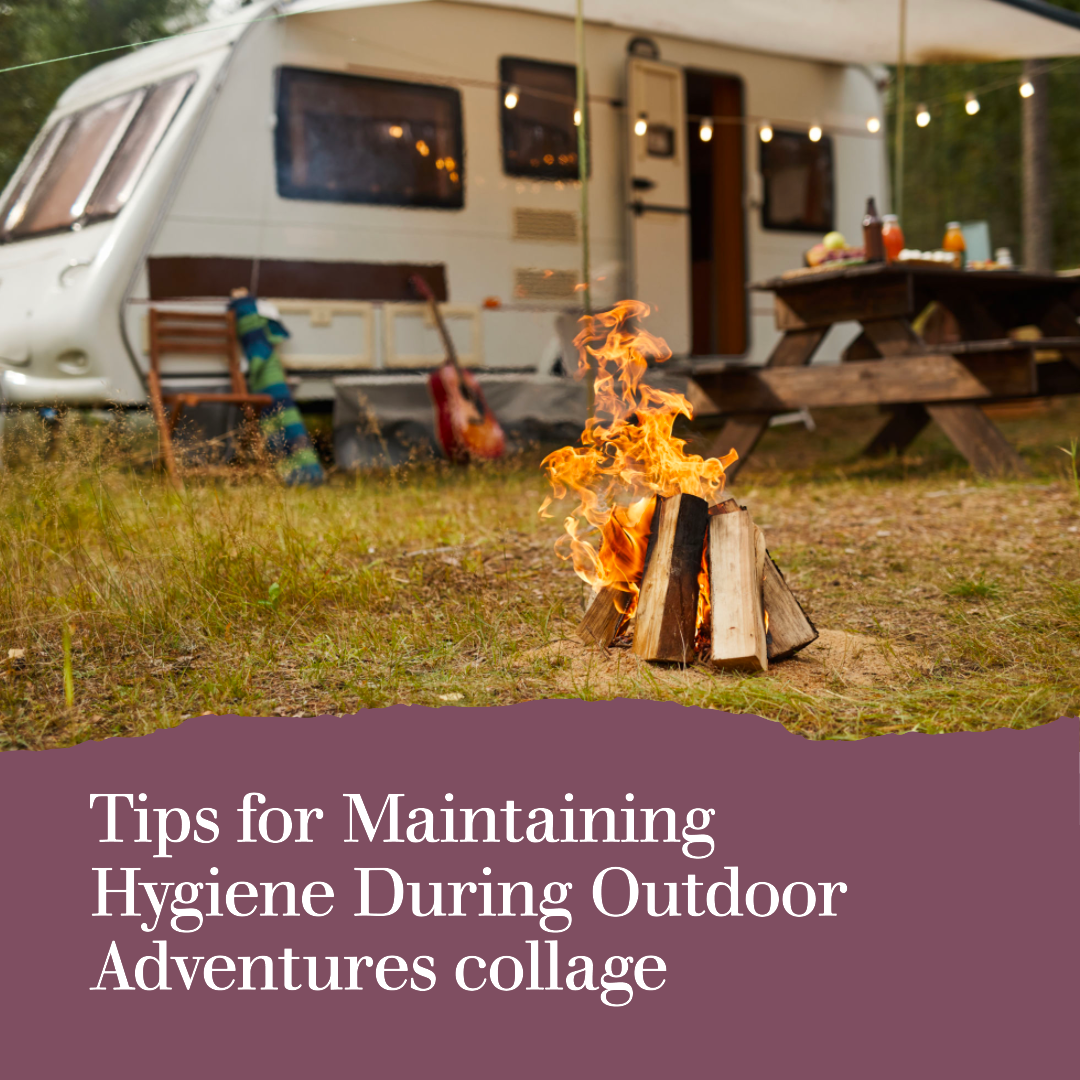
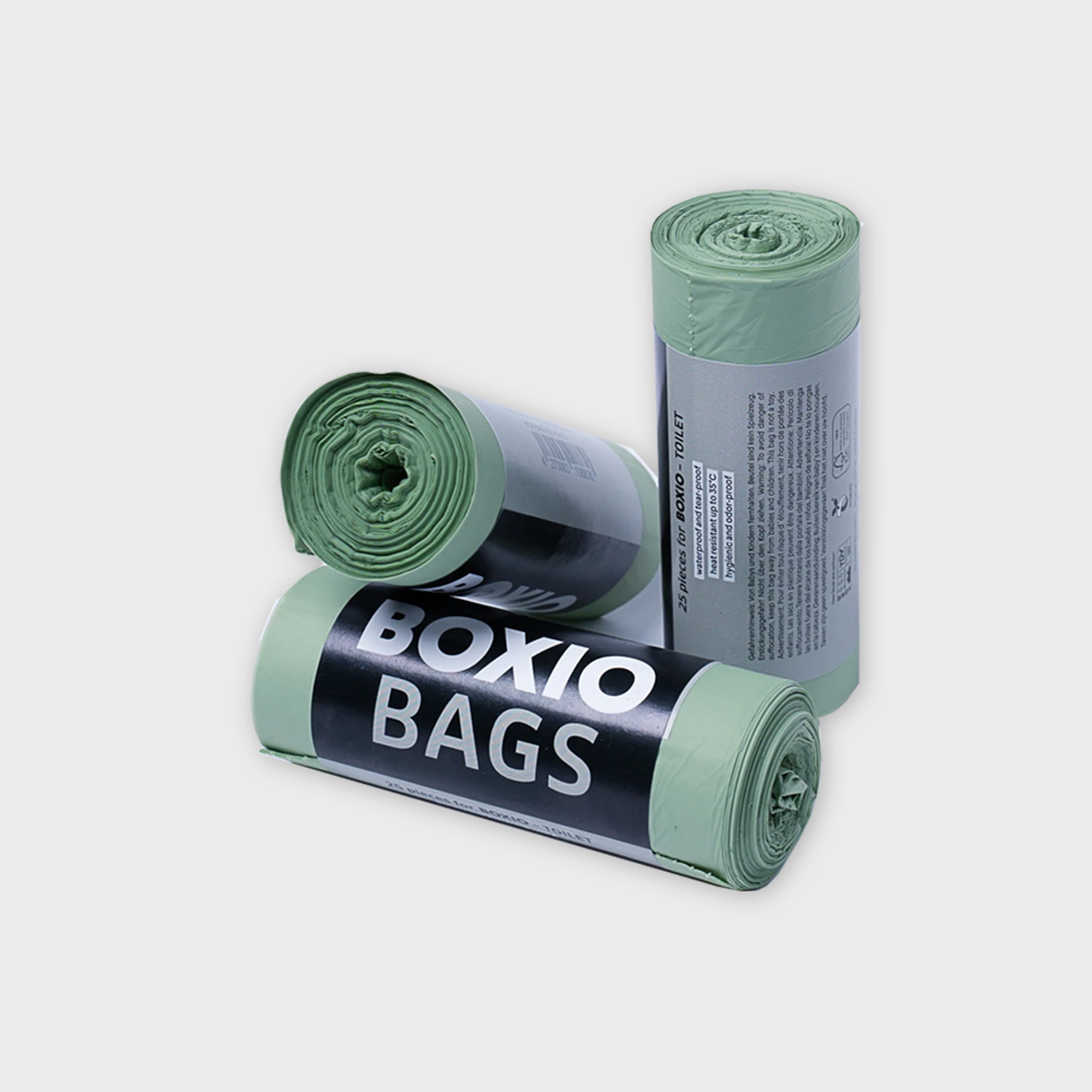

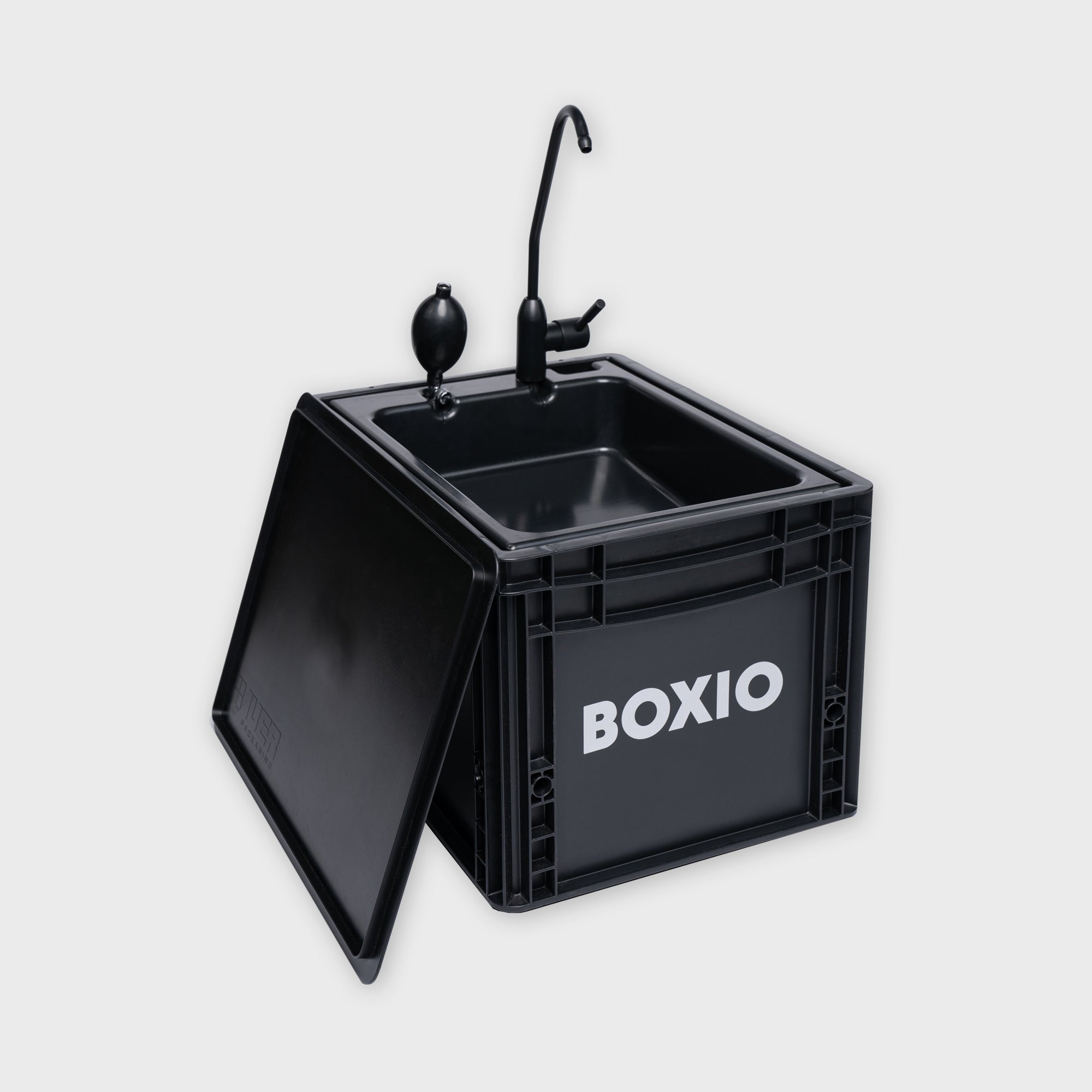
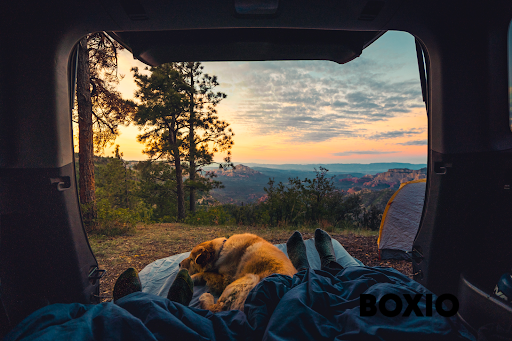
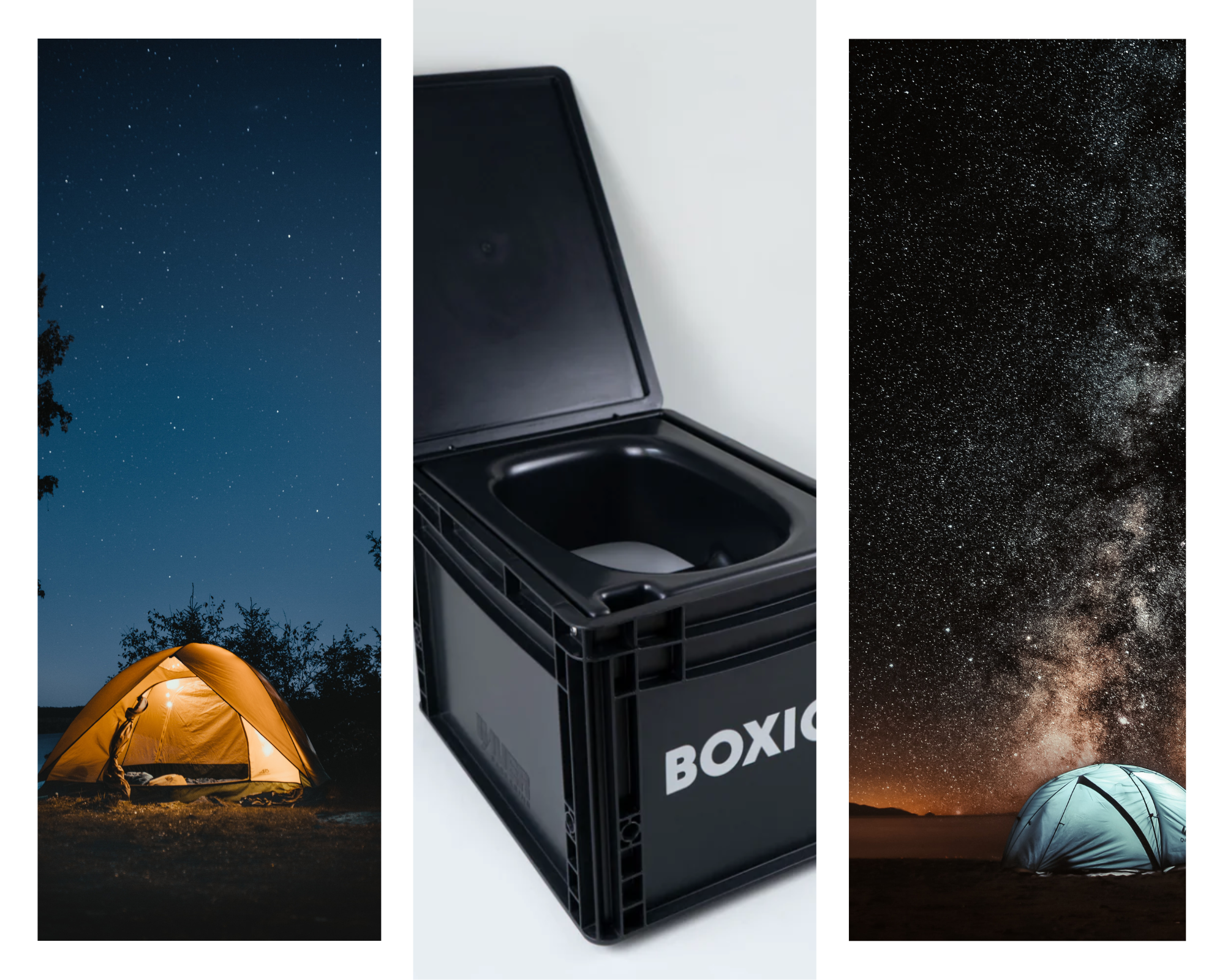
Laisser un commentaire
Ce site est protégé par hCaptcha, et la Politique de confidentialité et les Conditions de service de hCaptcha s’appliquent.